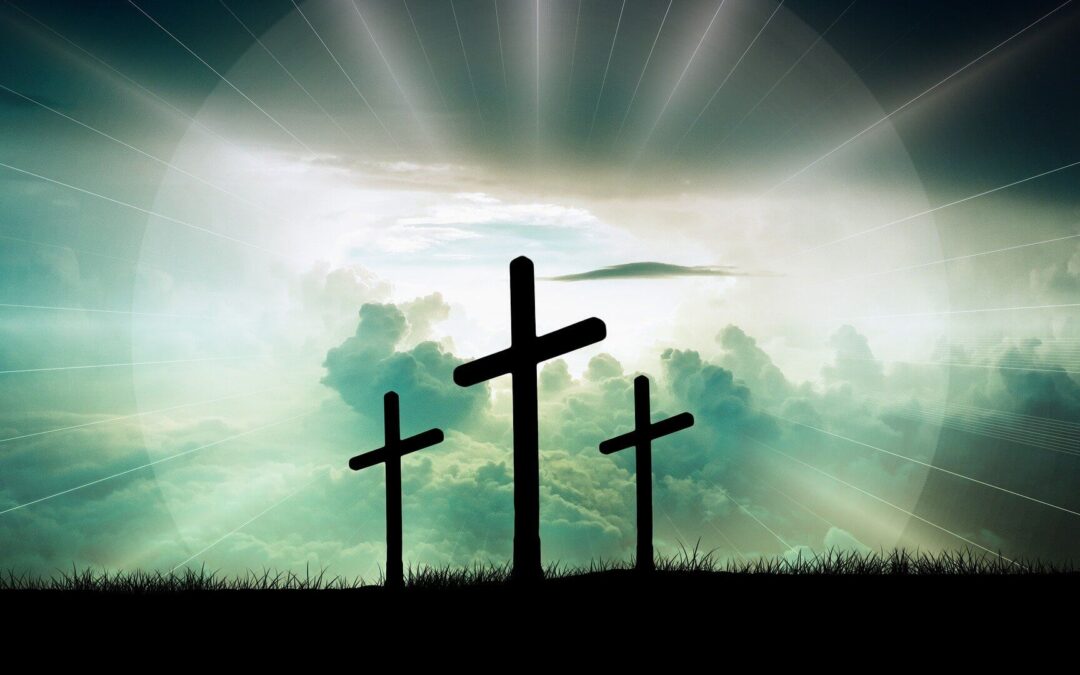And the angel of the LORD called unto him out of heaven, and said, ‘Abraham, Abraham:’ and he said, ‘Here am I.’ And he said, ‘Lay not thine hand upon the lad, neither do thou anything unto him: for now I know that thou fearest God, seeing thou hast not withheld thy son, thine only son from me’ Genesis 22:11, 12 KJV
But the angel of the LORD called to him from heaven and said, “Abraham, Abraham!” And he said, “Here I am.” (12) He said, “Do not stretch out your hand against the lad, and do nothing to him; for now I know that you fear God, since you have not withheld your son, your only son, from Me.” Genesis 22:11-12 NASB
And when the angel stretched out his hand upon Jerusalem to destroy it, the LORD repented him of the evil, and said to the angel that destroyed the people, ‘It is enough: stay now thine hand. And the angel of the LORD was by the threshing-place of Araunah the Jebusite’ 2 Samuel 24:16 KJV
When the angel stretched out his hand toward Jerusalem to destroy it, the LORD relented from the calamity and said to the angel who destroyed the people, “It is enough! Now relax your hand!” And the angel of the LORD was by the threshing floor of Araunah the Jebusite. 2Samuel 24:16 NASB
On these two occasions in Old Testament history, the Lord mercifully prevented or limited the execution of judgment. On the mountain in Moriah where Abraham’s steps were directed, the movement downward of the knife was arrested by the intervention of the angel of the Lord. A Father’s heart was spared the grief of seeing his son slain and sacrificed on the altar. A son was spared the experience of suffering and death.
The next scene is perhaps 800 years later. As a result of David’s sin and consequent chastening, the angel of the Lord moved with unsparing judgment on the nation. In his pride, David had numbered the people. Even carnal Joab saw the error in David’s ways. But David persisted and reaped the sad aftermath of his actions. The sad toll of death from the pestilence reached 70,000 as the plague, having gone from Dan to Beersheba, descended upon Jerusalem. As the hand of the angel was stretched out over Jerusalem, the Lord “repented” and chose to show mercy. “It is enough; stay now thine hand,” abruptly ended the sad story of slaughter and sorrow.
But David persisted and reaped the sad aftermath of his actions. The sad toll of death from the pestilence reached 70,000 as the plague, having gone from Dan to Beersheba, descended upon Jerusalem. As the hand of the angel was stretched out over Jerusalem, the Lord “repented” and chose to show mercy. “It is enough; stay now thine hand,” abruptly ended the sad story of slaughter and sorrow.
One Millennia later, there is another Father and Son, another altar, and another sacrifice. There is another hand raised in judgment. One Millennia later there is another scene playing out in Jerusalem. It is not now a pestilence and an angel moving from Dan to Beersheba, but all the judgment is concentrated in one place; all is concentrated upon one person. But now there is no intervening call from heaven. There is no turning from the original purpose, no repenting, and change of action. The raised hand descends; the storm of judgment is “funneled” down upon one lone Man. A Father’s heart is not spared agony and grief. A Son is not spared suffering and sacrifice. “He spared not His own Son.”
What heightens the significance is that the mountain in Moriah could well have been what is later labeled, Golgotha. The threshing-floor became the site of the Temple where worship ascended to God from the nation.
Consider:
The place where the pestilence stopped became a place of sacrifice by David and a place of worship for the nation. The relevance of these facts to our own worship should be considered.

